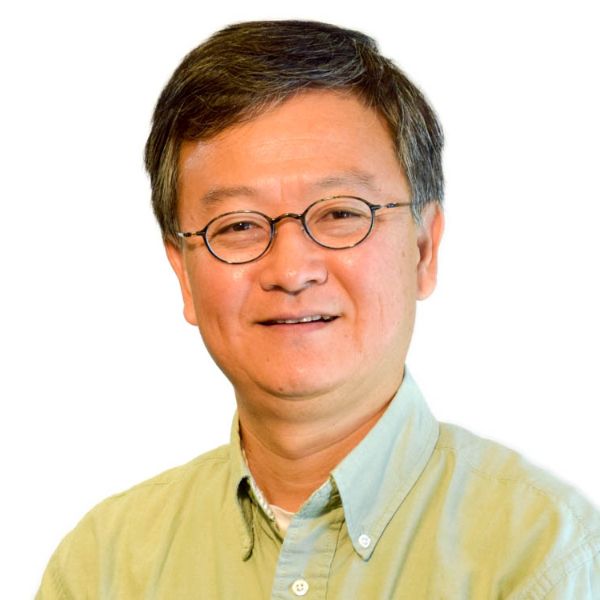Chow Receives Grant for Cooperative Distributed Home Energy Management System
Dr. Mo-Yuen Chow, professor of Electrical and Computer Engineering, has been awarded $791,950 from Total S.A. to develop a Cooperative Distributed Home Energy Management System (HEMS).
February 3, 2016 ![]() NC State ECE
NC State ECE

Dr. Mo-Yuen Chow, professor of Electrical and Computer Engineering, has been awarded $791,950 from Total S.A. to develop a Cooperative Distributed Home Energy Management System (HEMS). This is a three-year project.
The objective of this project is to design, develop, and demonstrate a cooperative distributed Home Energy Management System (HEMS) for a single house/building as wells as aggregated houses/buildings in a community. In this cooperative distributed HEMS framework, energy sources, storage devices, and household appliances coordinate and cooperate with each other to reach a common goal by utilizing the increasing intelligence of smart devices. The goal is to optimize the cost (e.g., minimize electricity bills, maximize energy storage life span) of each house/building while maintaining the users’ comfort level.
The Cooperative Distributed Energy Scheduling (CoDES) algorithm is the core technology to be used to schedule the energy usage for all the devices of interest in an iterative and cooperative fashion. The CoDES algorithm has been applied to the microgrid through simulation, and has been implemented and tested in actual distributed controllers. In this project, the CoDES algorithm will be tailored to a house/building environment. New features such as Big Data forecasting, Online Battery State-of-Charge and State-of-Health estimation, and reputation-based resiliency will be added with Internet-of-Things (IoT) concept to increase accuracy, resilience, and efficiency of energy management.
“The novelty of this project is the distributed nature of the control algorithm. Using an Internet-of-Things concept, all the smart devices communicate with each other and decide how to optimally allocate the energy resources. By embedding appropriate intelligence in each smart device for collaborations, our system becomes scalable, robust to device failures, and resilient to malicious attacks on the system.” said Dr. Chow.

